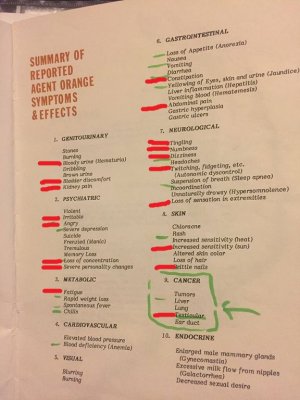Jace
Well-known Member
To any of these issues...
• Dry skin, eczema
•Fatigue
•Heart problems
•Immune weakness
•Mood swings or depression
• Poor circulation
•Poor memory
•Vision problems
These are all symptoms of lack of Omega 3 oil.
Omega 3 is a great anti-inflammatory nutritional product.
All of (the above mentioned issues) can be caused by inflammation.
A pharmacist's recommendation (which this came from.. his newsletter)
is to take 3,000mg. Omega 3 twice a day.
In a few weeks, you will see results...like thinking more clearly,
better looking skin, less aches and pains.
If you're not already...why not give it a try?
• Dry skin, eczema
•Fatigue
•Heart problems
•Immune weakness
•Mood swings or depression
• Poor circulation
•Poor memory
•Vision problems
These are all symptoms of lack of Omega 3 oil.
Omega 3 is a great anti-inflammatory nutritional product.
All of (the above mentioned issues) can be caused by inflammation.
A pharmacist's recommendation (which this came from.. his newsletter)
is to take 3,000mg. Omega 3 twice a day.
In a few weeks, you will see results...like thinking more clearly,
better looking skin, less aches and pains.
If you're not already...why not give it a try?


